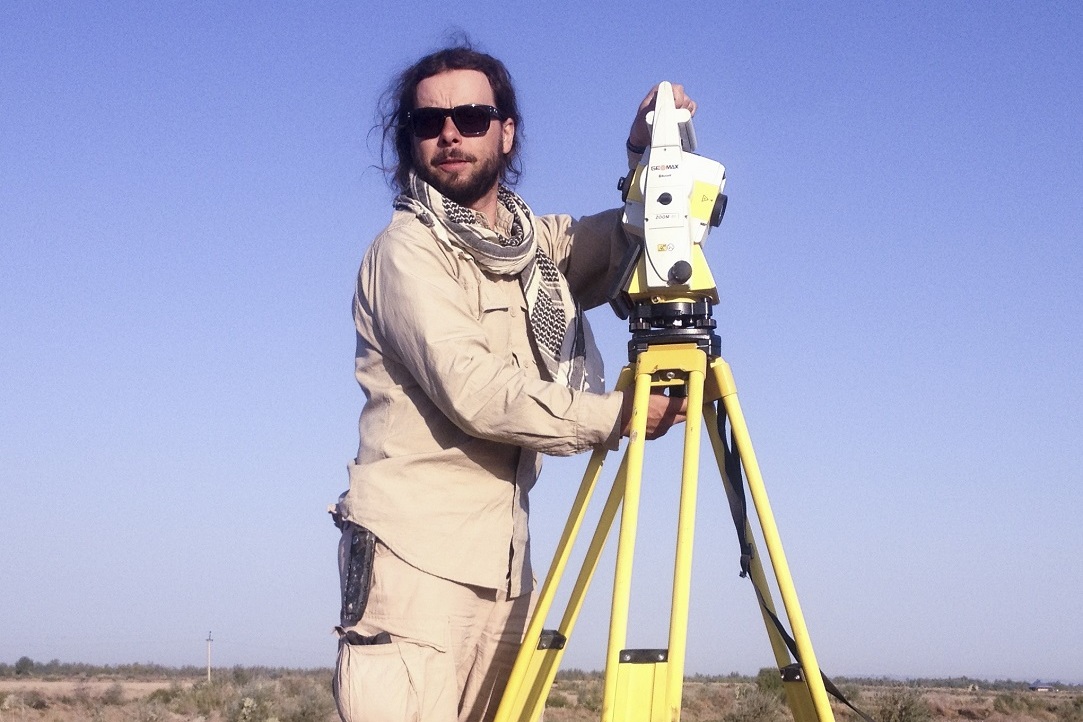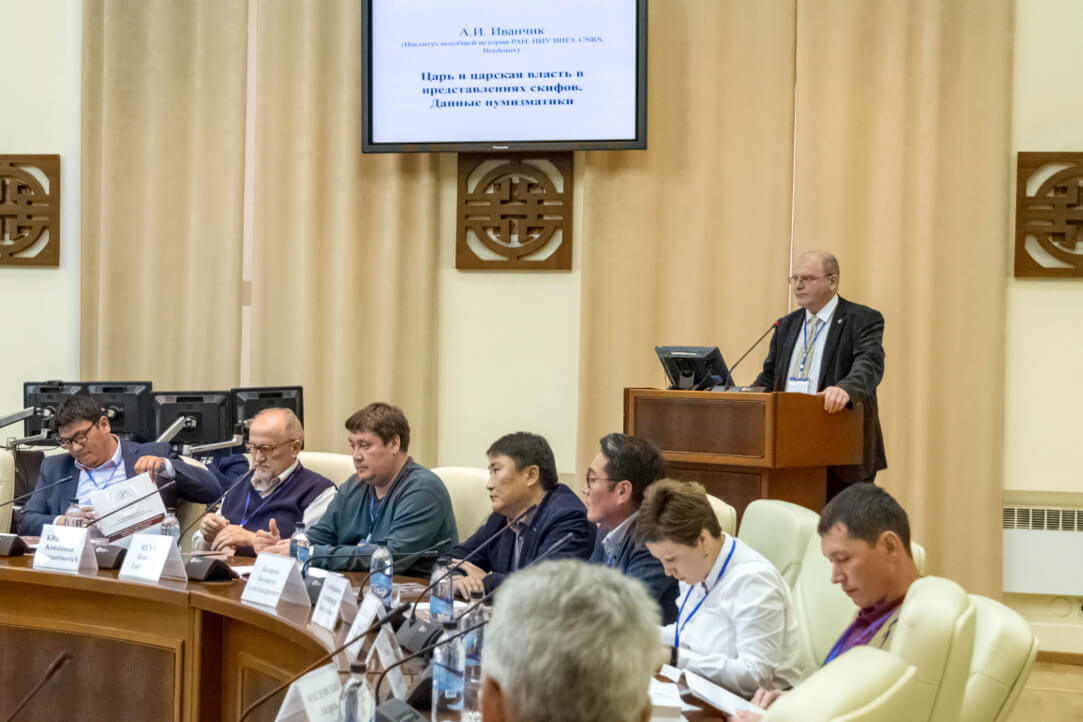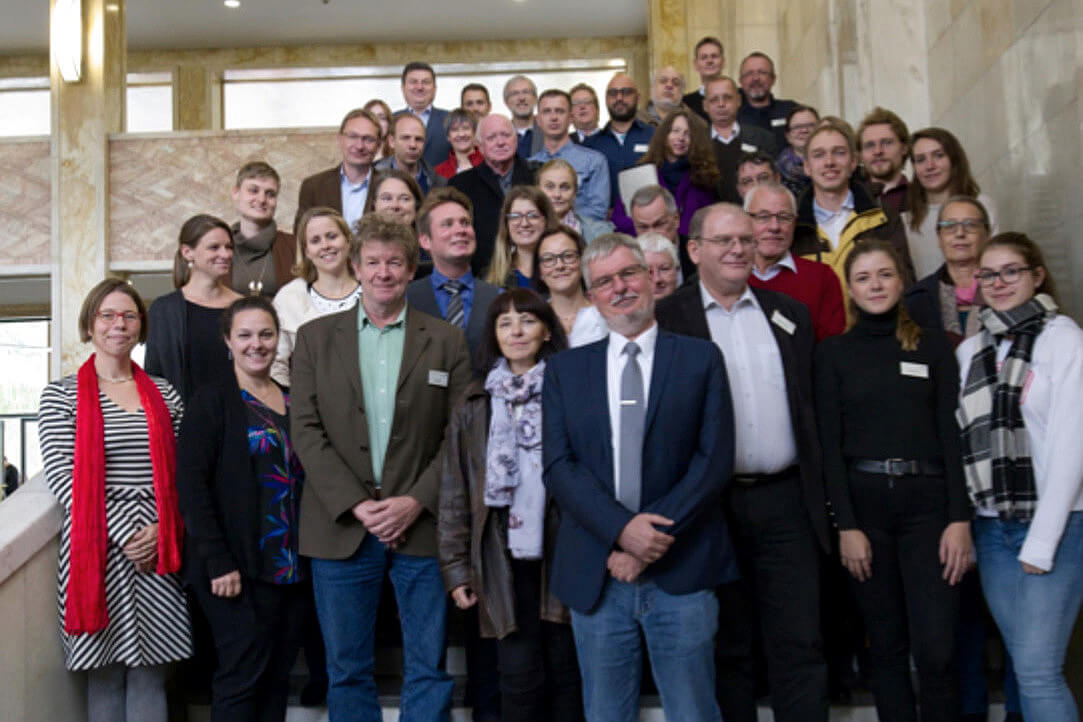Online course on the East Caucasian languages by the Linguistic Convergence Laboratory
This fall the Linguistic Convergence Laboratory will organize a free online course on the East Caucasian (alias Nakh-Daghestanian) language family. The course will start on October 14.

Irina Samarina: Have tonal languages always been tonal?
Brazilian Linguistics Association, Abralin, in cooperation with Comité International Permanent des Linguistes, Asociación de Lingüística y Filología de América Latina, Sociedad Argentina de Estudios Lingüísticos, Associação de Linguística Aplicada do Brasil, Association Internationale de Linguistique Appliquée, Linguistic Society of America, Linguistics Association of Great Britain, Societas Linguistica Europaea, Australian Linguistic Society, British Association for Applied Linguistics, and Sociedad Española de Lingüística is organizing a virtual event: Abralin ao Vivo — Linguists Online. Irina Samarina gives her lecture ‘Have tonal languages always been tonal? Vietic languages and the monosyllabisation process’.
The Earliest Cat on the Northern Silk Road
Associate Professor Irina Arzhantseva and Professor Heinrich Haerke from the HSE Centre of Classical and Oriental Archaeology (Faculty of Humanities) have been involved in the discovery of the earliest domestic cat yet found in northern Eurasia. The study has been published in Scientific Reports journal.

Middle Eastern Studies published an article by an IOCS HSE’s scholar Dr Denis Volkov
Middle Eastern Studies, a leading journal in the field, has published an article authored by Associate Professor Denis V. Volkov. ‘The evil genius of Iranian constitutionalism? “Bloody Shapshal” at the Qajar court’ presents the findings of Volkov’s research that is part of a major international project ‘Life Writing and Historiography of the Modern Middle East’ carried out under the aegis of the Centre for the Study of the Middle East, the Caucasus and Central Asia (CSMECCA) with the participation of the IOCS’ researchers as well as scholars from France, Austria, United Kingdom and the USA.

Shedding Light on Mysteries of the Past
Michele Minardi, from Italy, holds a PhD in Archaeology from Sydney University and has spent a number of years in investigating Karakalpakstan in Uzbekistan. He has recently joined the team of Centre of Classical and Oriental Archaeology of the Institute for Oriental and Classical Studies as a Research Fellow. We spoke with Michele about his projects, teaching methods and expedition plans.

‘The Sense of Doing Something New Appeals to Me’
Professor Heinrich Haerke, a renowned archaeology expert, has been cooperating with HSE University researchers for a long time. This year he has joined HSE as a Professor at the recently formed Centre for Classical and Oriental Archaeology. He has talked to HSE News Service about his research interests, field projects, and teaching archaeology.

Dr. Denis Volkov: ‘Was there “Russia Abroad” at all? Russian Emigration in the Middle East (1917–1946)’
The paper of Dr. Volkov was presented on December 11th, 2019 at the seminar “Oriental Cultures” (Moderator: Dr. Natalia Chalisova). This talk was about the interim research results achieved in a project carried out under the aegis of the International Institute of Social History (IISH, Amsterdam) and funded by the Farman‑Farmaian Family and the Royal Netherlands Academy of Arts and Sciences.

Faussaires et marchands d’antiquités au sud de l’Empire russe (fin du XIXe et début du XXe s.) — lecture by Askold Ivantchik at the University of Fribourg (Switzerland)
On October 15, 2019, at the invitation of Professor Nathan Badoud, the head of the Centre for Classical and Oriental Archaeology Askold Ivantchik gave a lecture on “Faussaires et marchands d’antiquités au sud de l’Empire russe (fin du XIXe et début du XXe s.)” at the University of Fribourg, Switzerland.

Prof. Askold Ivantchik: “The King and Royal Power in the Scythian Ideas”
The IVth International Congress on the Archaeology of Eurasian Steppes “Nomadic Empires of Eurasia in the light of archaeological and interdisciplinary research” took place in Ulan‑Ude on September 16–21, 2019. The head of the Centre of Classical and Oriental Archaeology, IOCS HSE, Askold Ivantchik gave a paper at the opening session of the Congress on the subject “The King and Royal Power in the Scythian Ideas. Numismatics data”.

Prof. Askold Ivantchik: “Neue Forschungen zur Epigraphik Olbias”
On October 7–9, 2019, Frankfurt University hosted the international conference “An den Ufern des Bugs. Fünf Jahre deutsch‑ukrainische Ausgrabungen in Olbia Pontike” dedicated to the five‑year anniversary of German‑Ukrainian excavations in Olbia. The head of the Centre for Classical and Oriental Archaeology Askold Ivantchik gave a paper on “Neue Forschungen zur Epigraphik Olbias”.
